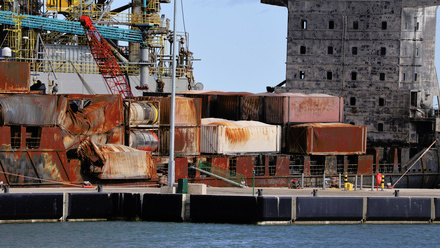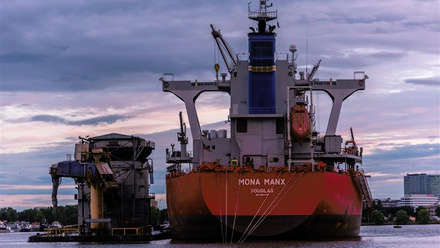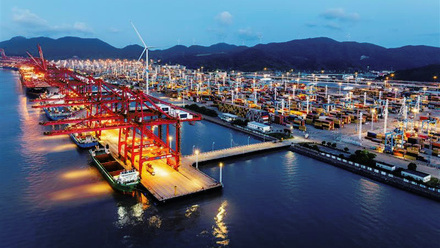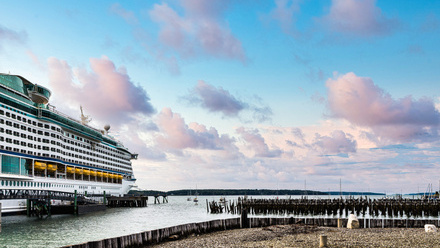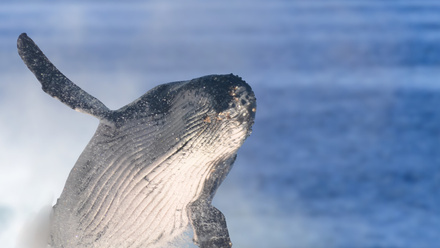IMarEST launches new History Society online
IMarEST Connect is the Institute’s new portal for members, allowing those with similar interests to collaborate.
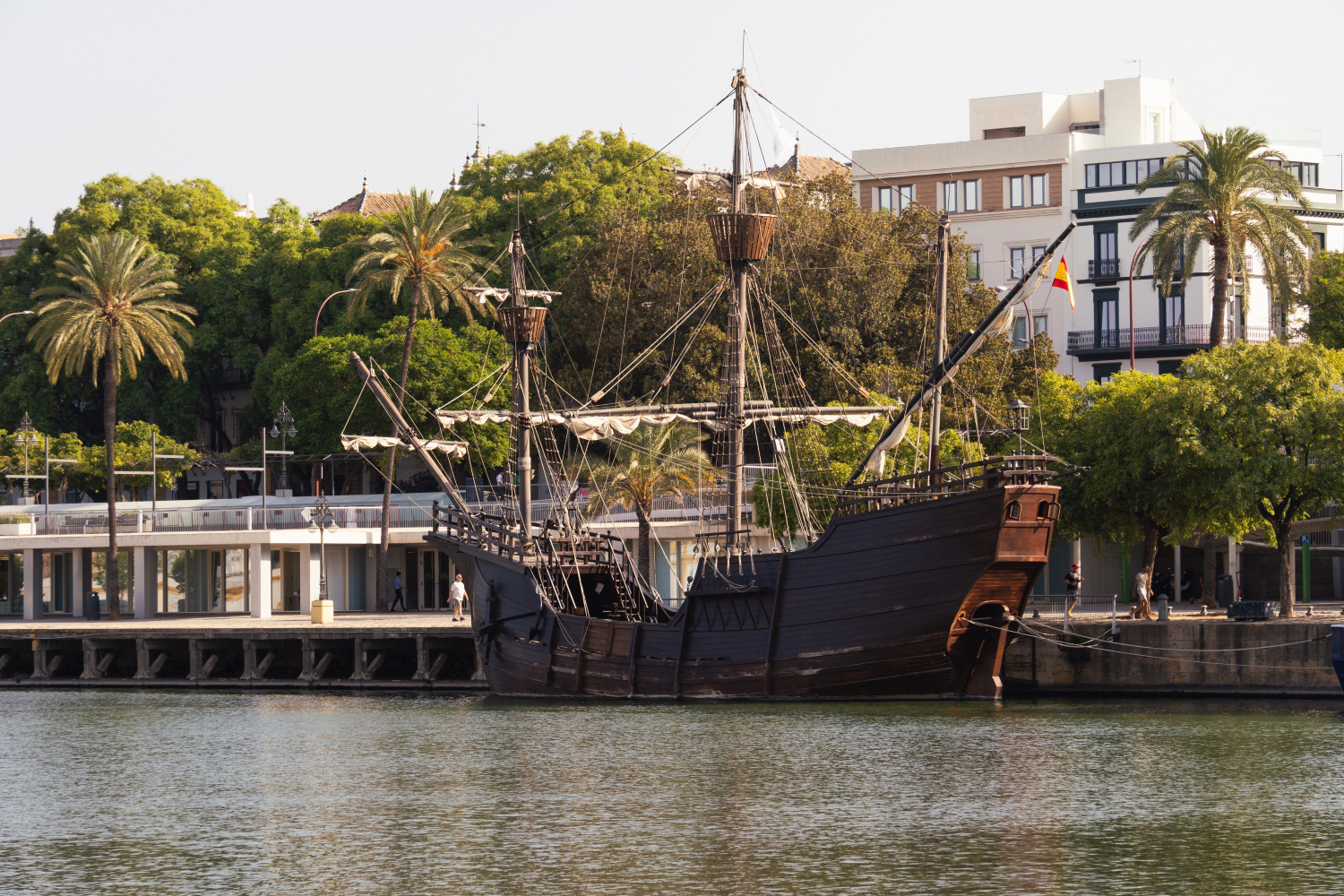
Reinforced by the results of this year’s Member Survey, which highlighted the importance of international collaboration and online connections, IMarEST Connect was launched earlier this year as the place to connect with colleagues, ask questions, discuss issues, share best practice, challenges and accomplishments not to mention schedule events and conduct snap polls.
As well as being where IMarEST’s Branches, Special Interest Groups and Committees come together to collaborate and grow, there are also dedicated networking areas for groups including seafarers, history buffs, student members and young professionals.
IMarEST Chief Executive Chris Goldsworthy, himself a user of the platform, says he encourages all members to get involved.
“IMarEST Connect is bringing members closer to their marine network both at home and around the world, providing a platform to create new discussions or take part in existing conversations, topics and events,” he enthuses. “I’m on IMarEST Connect regularly, so feel free to say hello, share your thoughts and help us to grow the platform even further.”
Goldsworthy points out this is an evolving platform that members can shape and influence. He highlights, for example, how just in the last month, the Institute has established a new IMarEST History Society as a result of discussions via the platform.
“We created a dedicated section for this group to explore and document the rich history of marine engineering, science, and technology,” he explains.
Learning lessons from the past
Indeed, this has long been a passion of Martin Shaw, the 120thPresident of IMarEST, who is spearheading the new history channel.
Brought up on Clydeside when shipbuilding was the still the lifeblood of the city, the Glaswegian former sea scout began his long maritime career as an engineer officer, spending 13 years at sea, before moving to shoreside roles, including taking on many roles at IMarEST including Chair of the Human Element Working Group and helping set up the Ship Repair, Maintenance and Safety Special Interest Group (RAMSIG).
“Some of the most interesting conversations at IMarEST are before and after the meetings, when everyone is totally relaxed and we talk about what’s on our minds, and share our stories,” Shaw says. “A lot of people are interested in history, and they also have their own histories to share.”
The new online society represents a chance to unearth and celebrate the history of marine and maritime matters, both old and more modern. Shaw is personally interested in history, and also believes there’s much that today’s maritime professionals can learn from the lessons of the past.
“Whether it’s marine scrubber systems or the challenges of introducing new fuels, there’s so much we can learn from our archives,” says Shaw. He’s keen that the group is inclusive and isn’t just a bunch of old seafarers sharing sea stories. “We want to hear everybody’s history,” he stresses.
Invitations are now being sent out to form a committee and planning for a first presentation in November, although Shaw is keen to say this will be very light touch with the group remaining as a society rather than a more formal Special Interest Group.
If you have a passion for history, whether it’s the expeditions of oceanographer and film-maker Jacques-Yves Cousteau or how a steam reciprocating engine from a World War II river class frigate in Athens Technical University is connected to the glamour of Aristotle Onassis, then IMarEST’s new history society may be for you.
Main image: Replica of the Nao Victoria that completed the first circumnavigation of the world; credit: Shutterstock.
Tell us what you think about this article by joining the discussion on IMarEST Connect.

